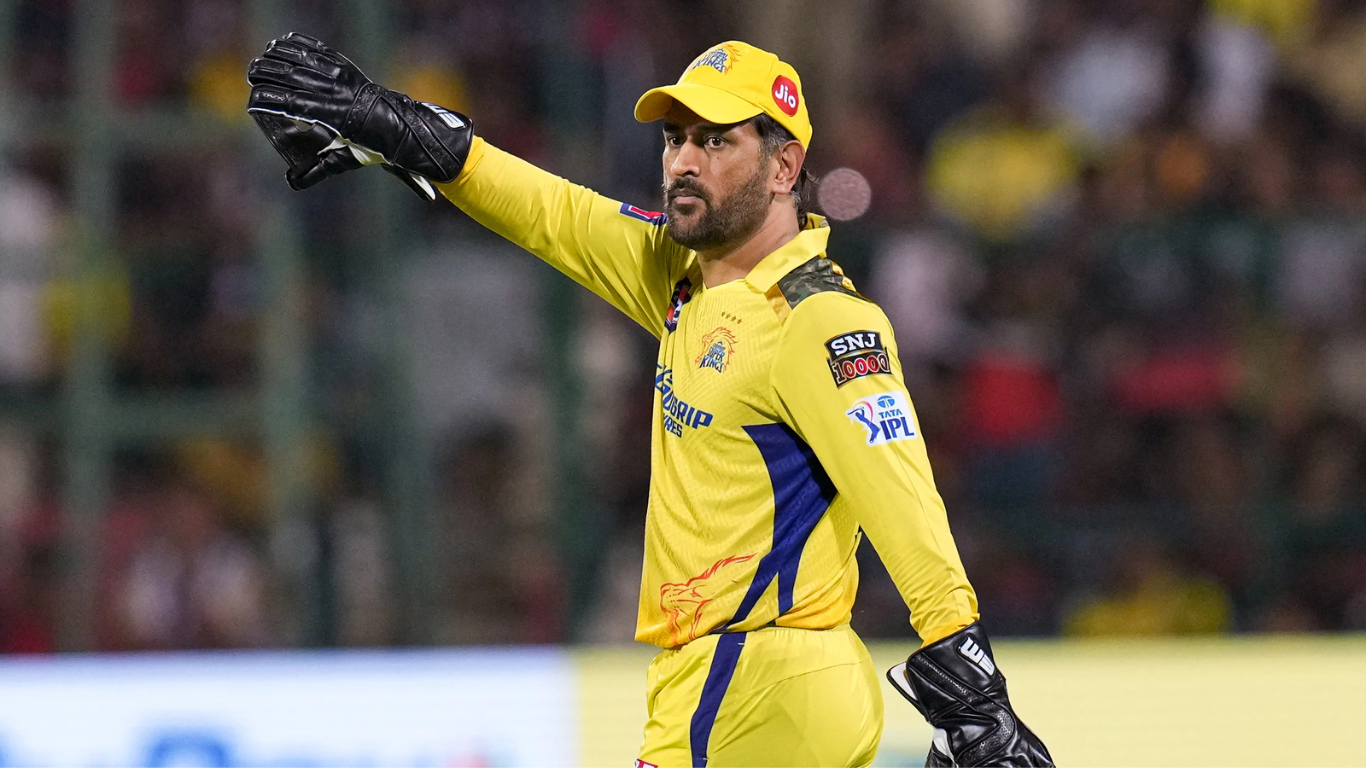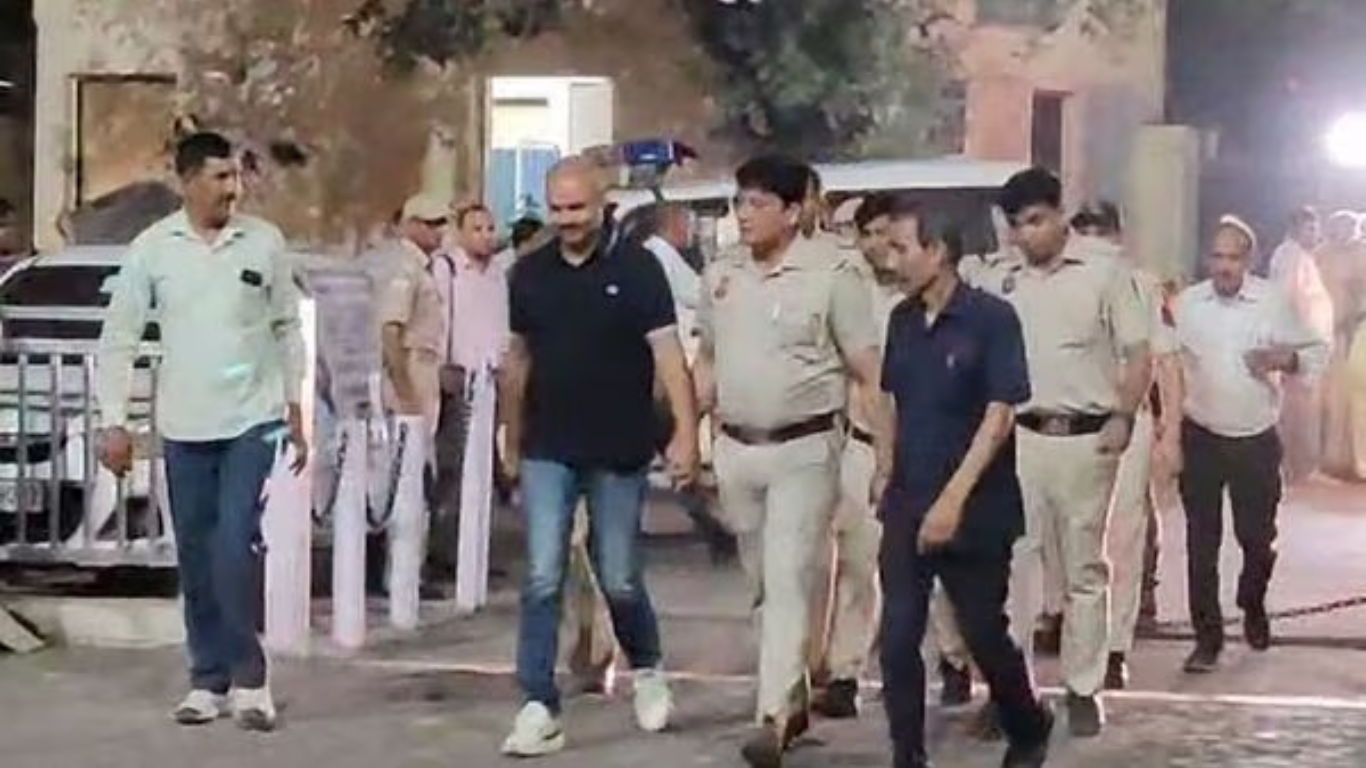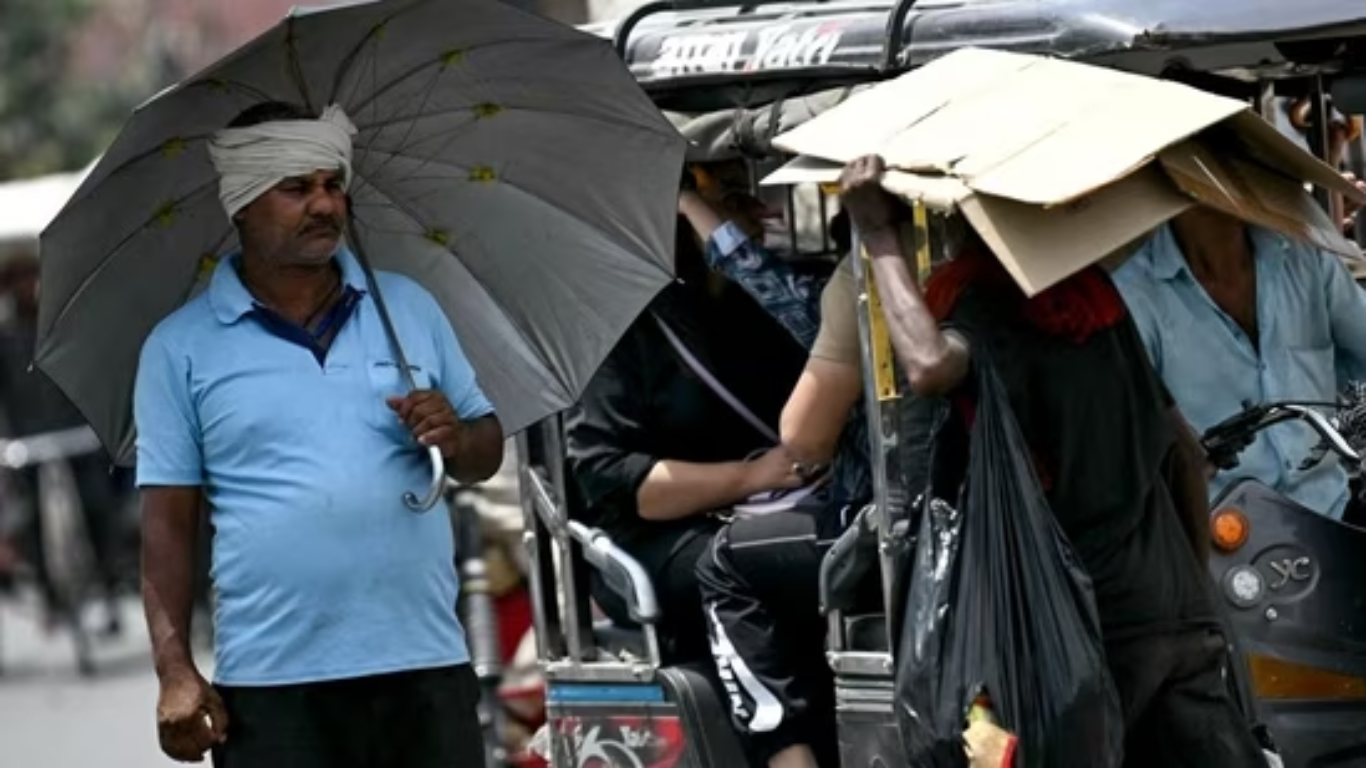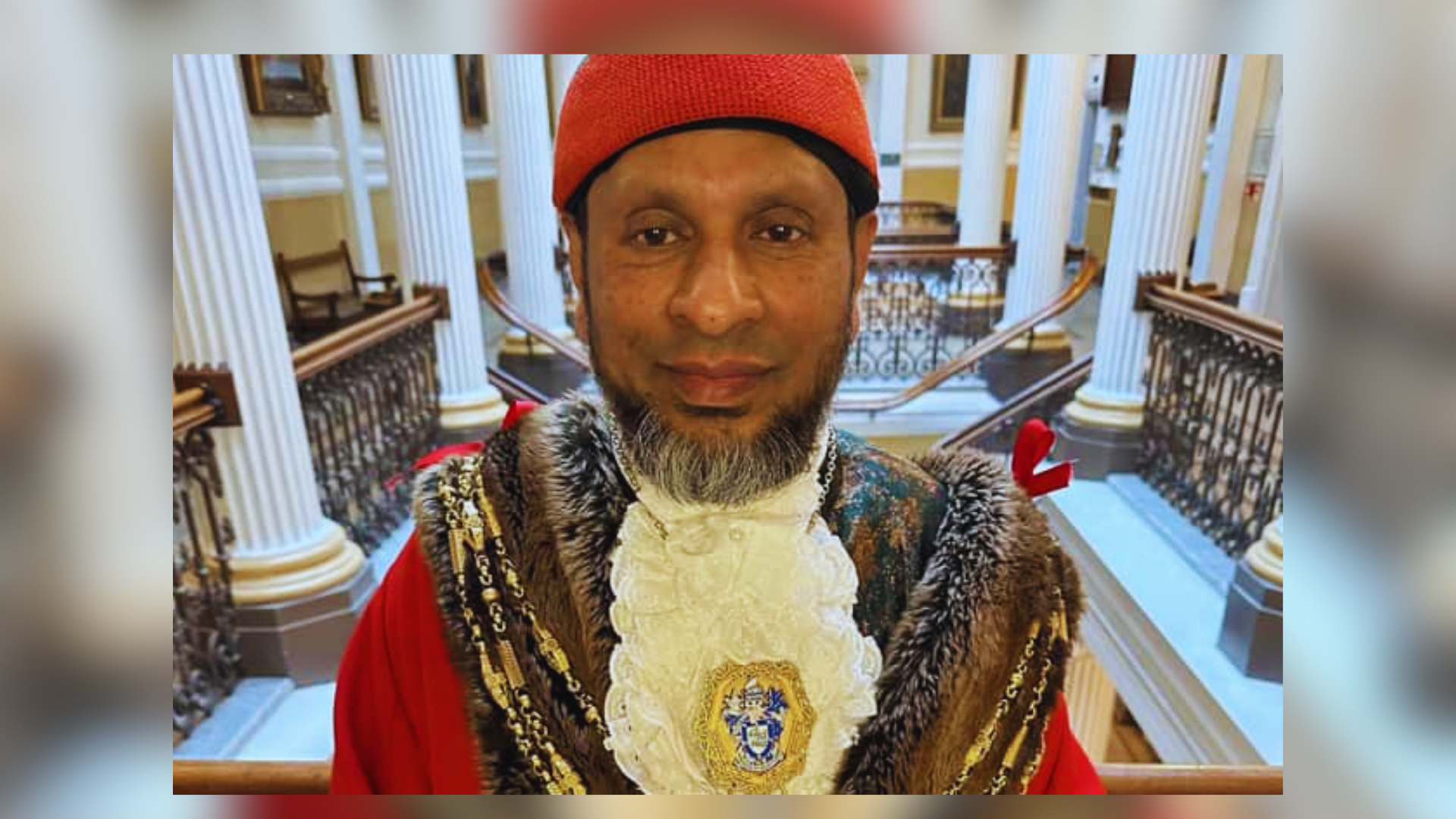





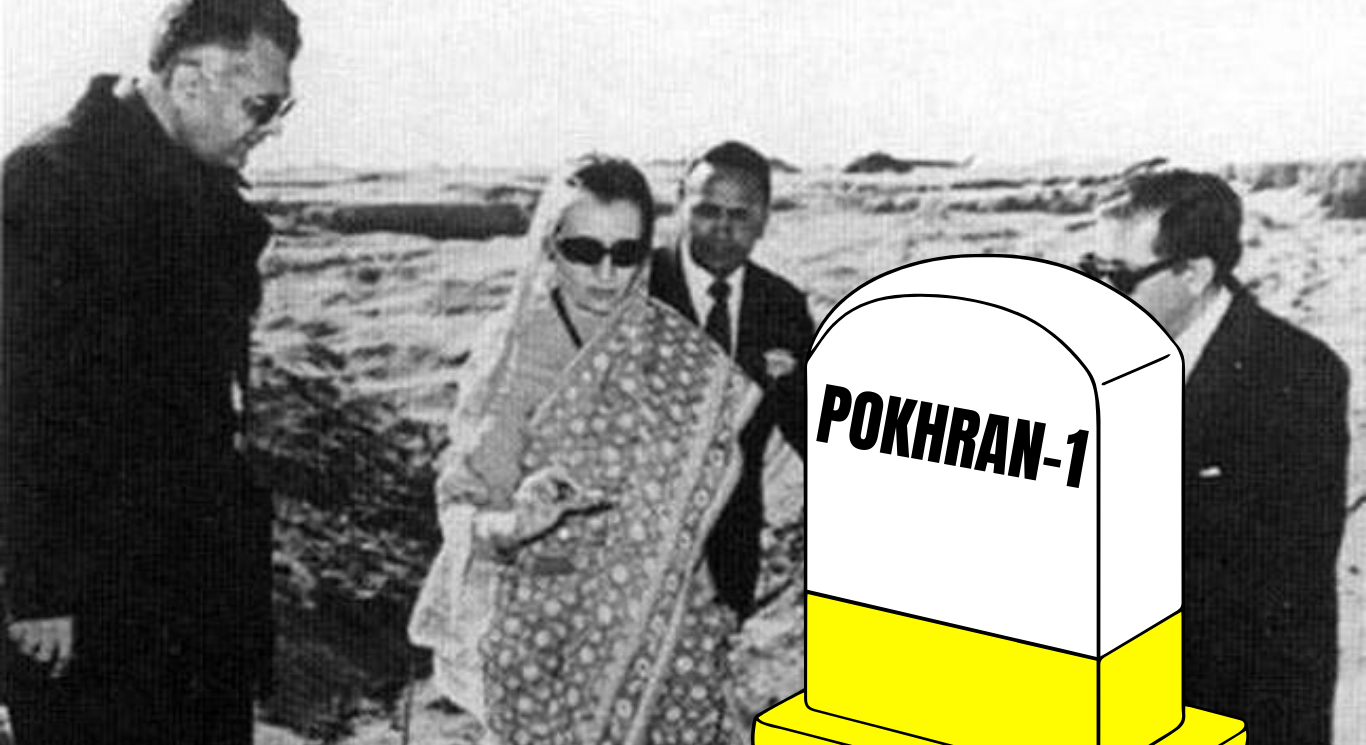
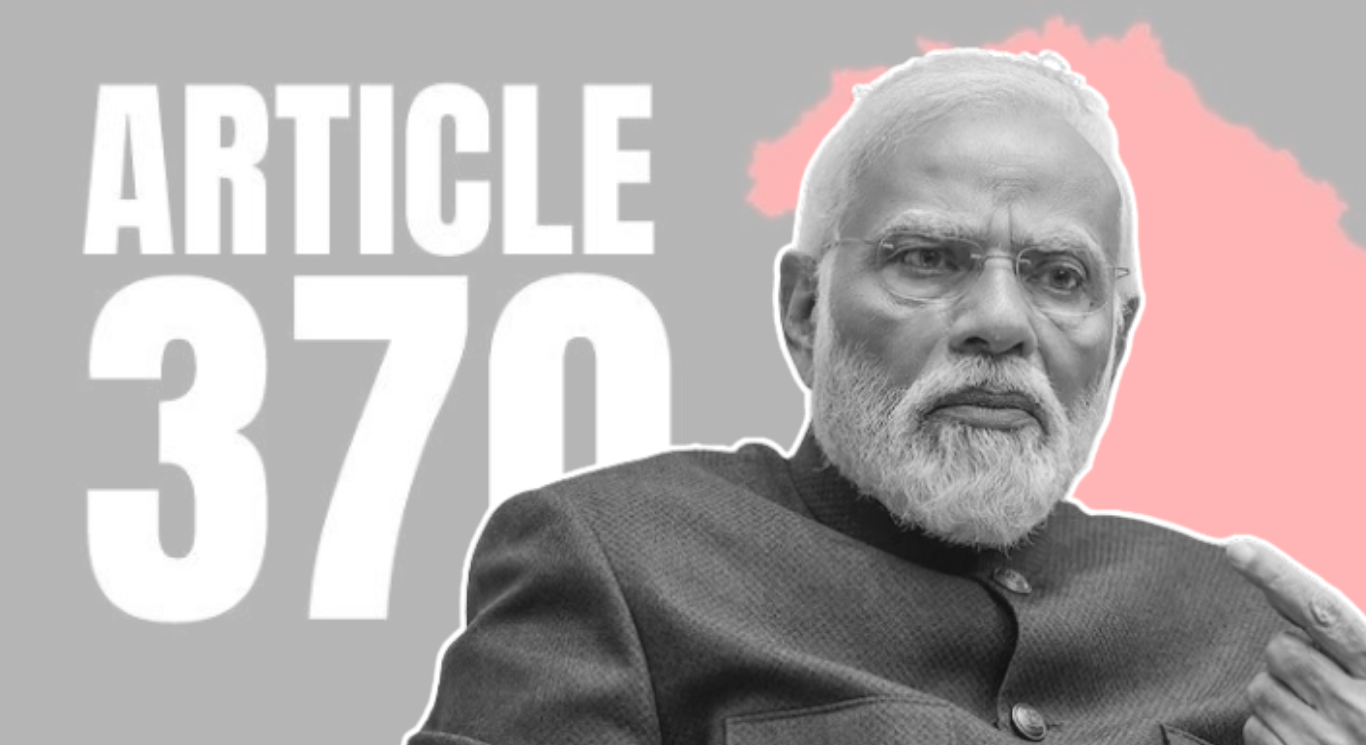

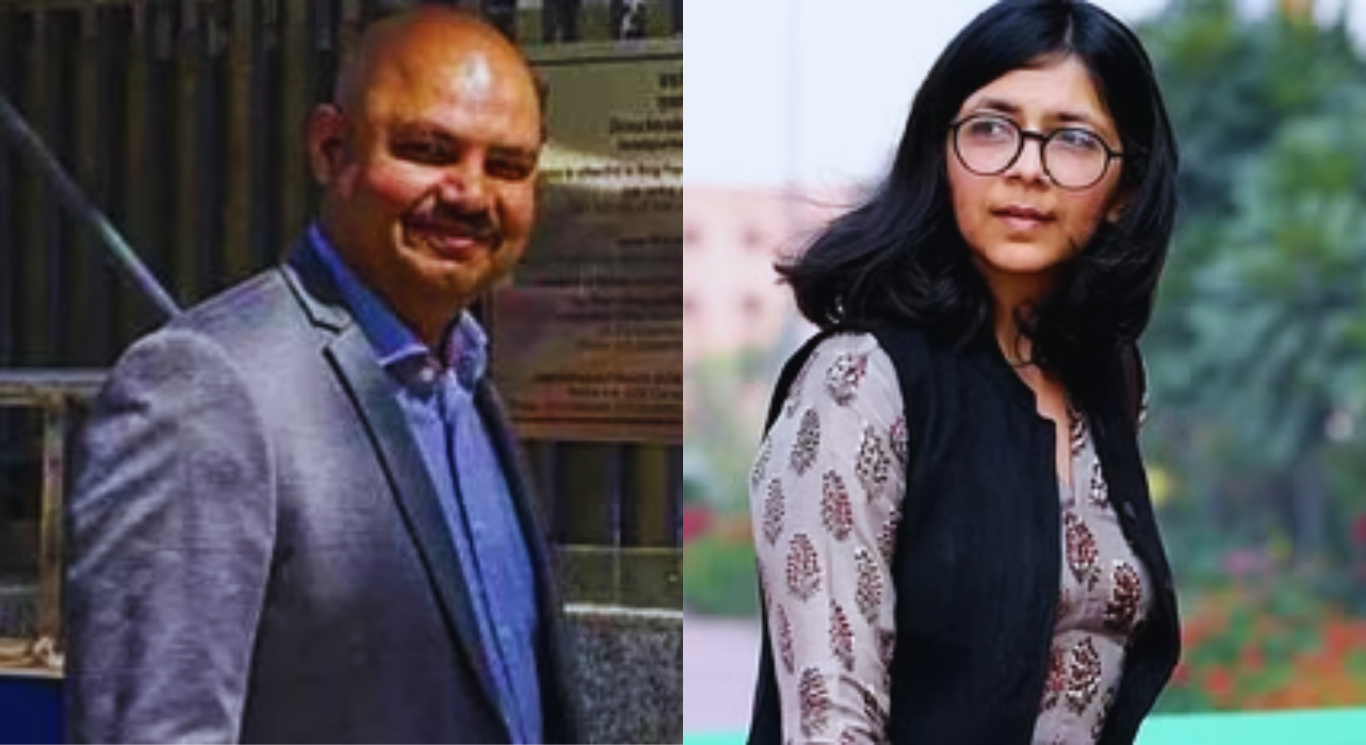
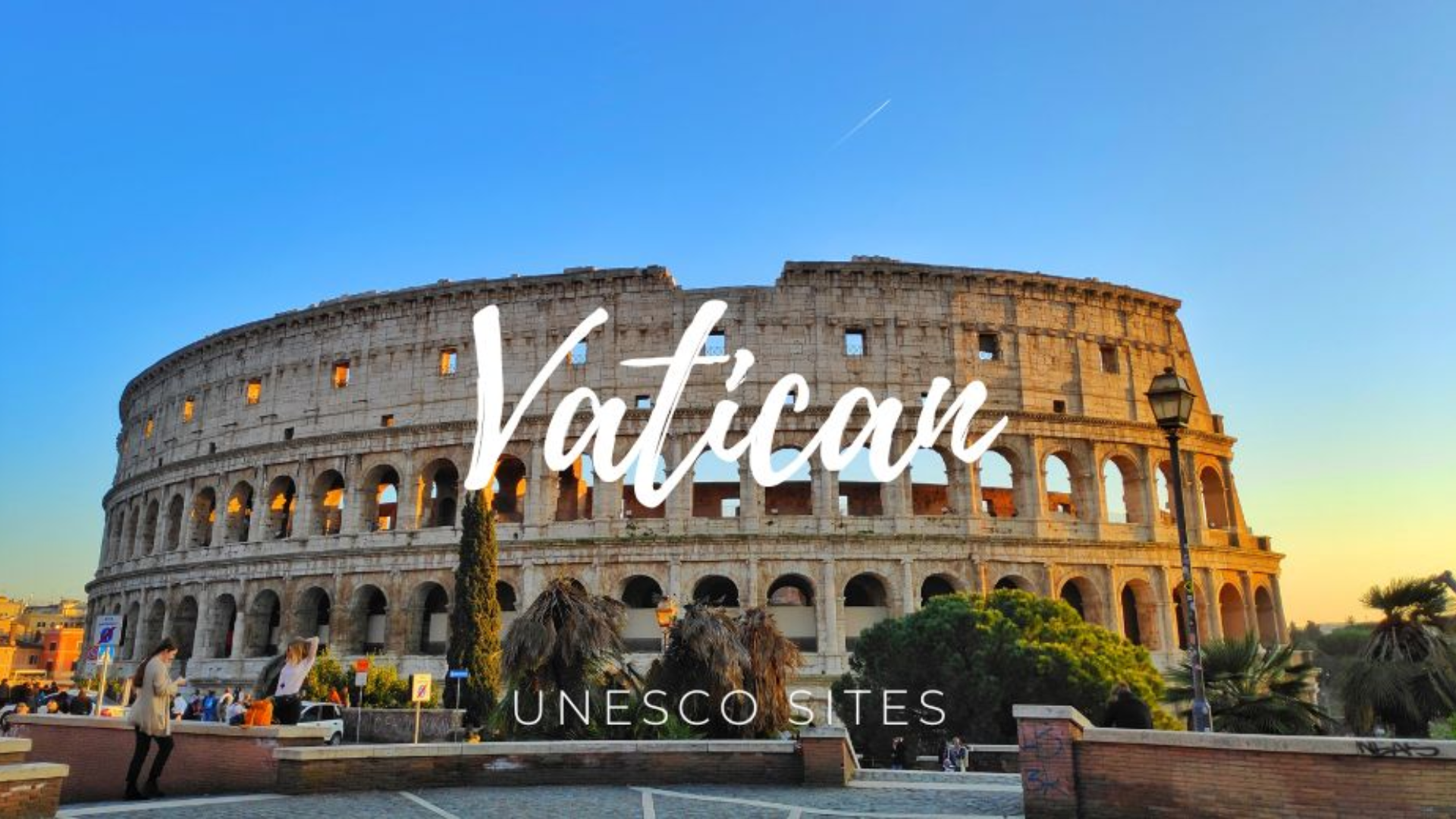
The Vatican City State, officially known as Stato della Città del Vaticano in Italian and Status Civitatis Vaticanae in Latin, stands as a sovereign enclave within Rome, Italy, constituting the smallest independent country in the world both in terms of area and population. Established through the Lateran Treaty in 1929, Vatican City is under the “full ownership, exclusive dominion, and sovereign authority and jurisdiction” of the Holy See, serving as the temporal and spiritual seat of the Catholic Church.
Covering a mere 49 hectares (121 acres) and home to approximately 764 residents as of 2023, Vatican City is governed as an ecclesiastical or sacerdotal-monarchical state, with the Pope, the bishop of Rome and head of the Catholic Church, serving as its supreme authority. The highest state officials are invariably Catholic clergy members, reflecting the intertwining of religious and temporal power within the Vatican.
Over the centuries, the Vatican has evolved into a symbol of religious and cultural significance, boasting iconic landmarks such as St. Peter’s Basilica, the Sistine Chapel, the Vatican Apostolic Library, and the Vatican Museums, housing some of the world’s most renowned works of art. Financed through donations, sales of postage stamps, souvenirs, museum admissions, and publications, Vatican City operates on a unique economy characterized by tax exemption and duty-free transactions.
Vatican City stands out as the only country in the world without a prison. Instead, it maintains a few cells for pre-trial detention. Convicted individuals serve their sentences in Italian prisons, following the terms of the Lateran Treaty, with all associated costs covered by the Vatican government.
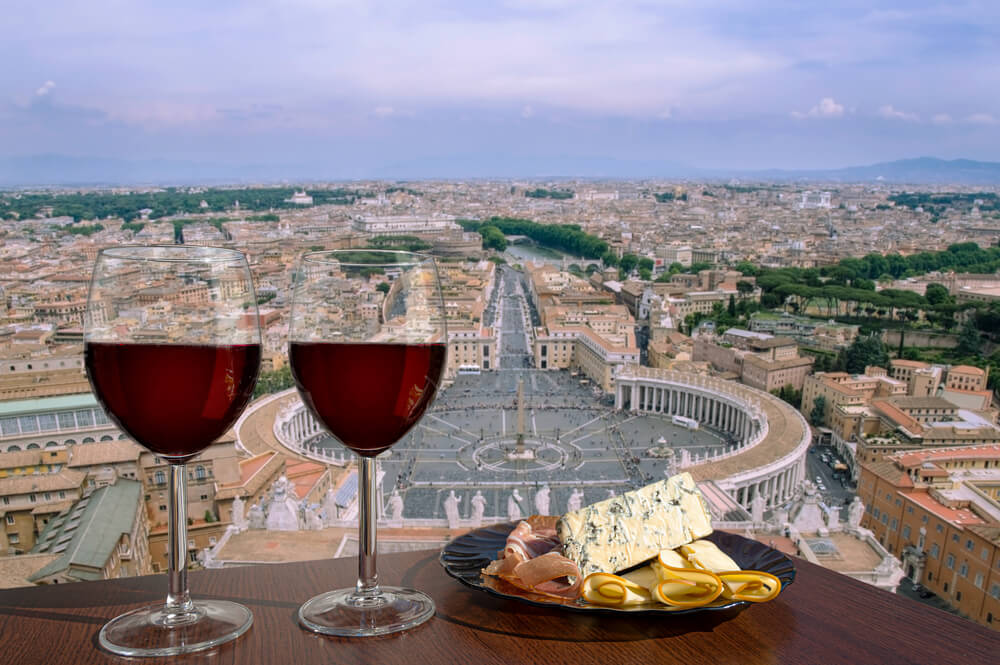
Residents of Vatican City boast the highest wine consumption per capita globally, averaging a remarkable 74 liters annually. Factors contributing to this include communal dining habits and duty-free wine sales at the city’s sole supermarket, setting it apart even from renowned wine-producing nations like France and Italy.

The absence of delivery rooms means that no individual can claim Vatican citizenship by birth. Citizenship is exclusively granted based on employment within the service of the Holy See. It extends to family members residing together but is revoked once the employment ceases.

The Pontifical Swiss Guard, comprising 135 soldiers, has protected the Pope since 1506. Distinguished by their colorful striped uniforms, recruits undergo strict criteria, including being male, aged 19 to 30, 5’8″ tall, Christian, and having completed basic military training.
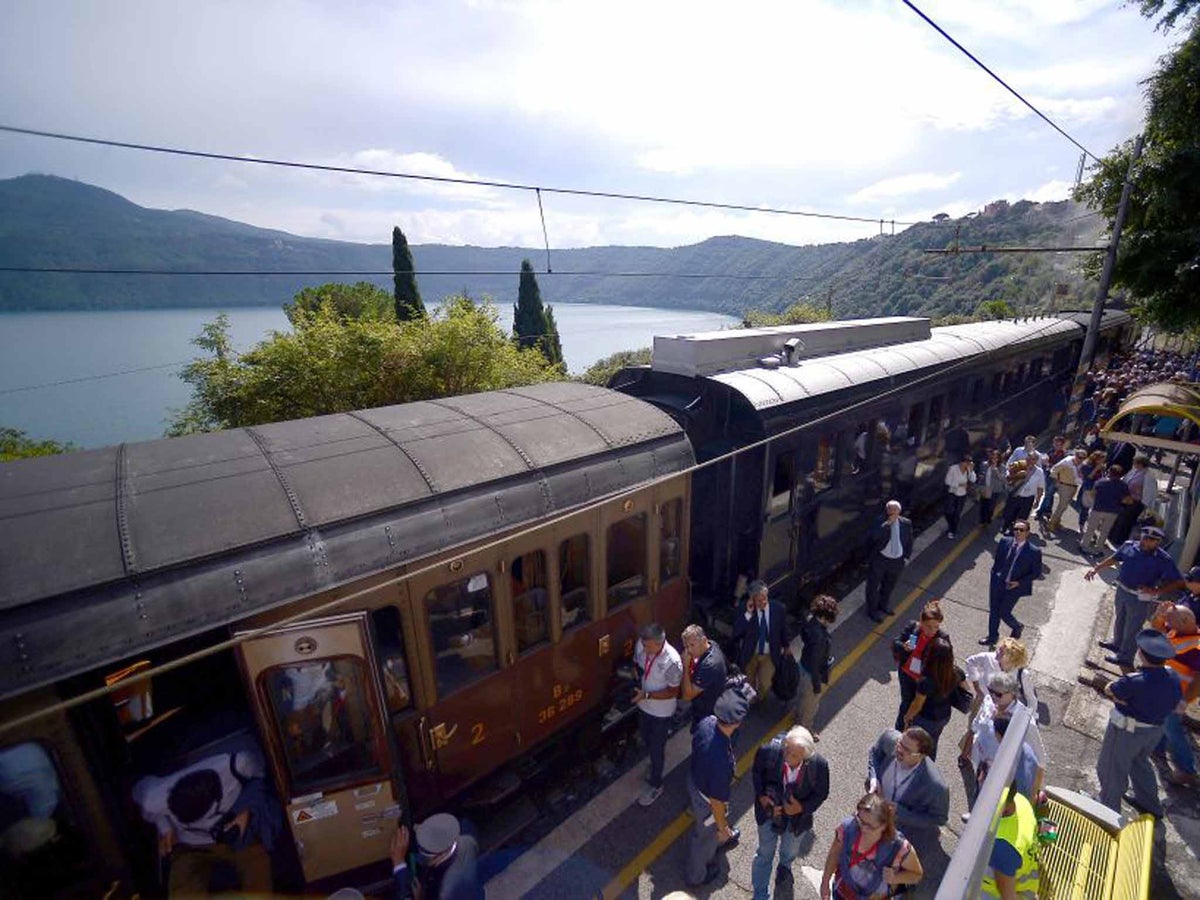
Vatican City boasts the world’s shortest railway, with two 300-meter tracks and one station, Citta Vaticano. Constructed during Pope Pius XI’s reign, it facilitates the transportation of goods and lacks regular passenger services.
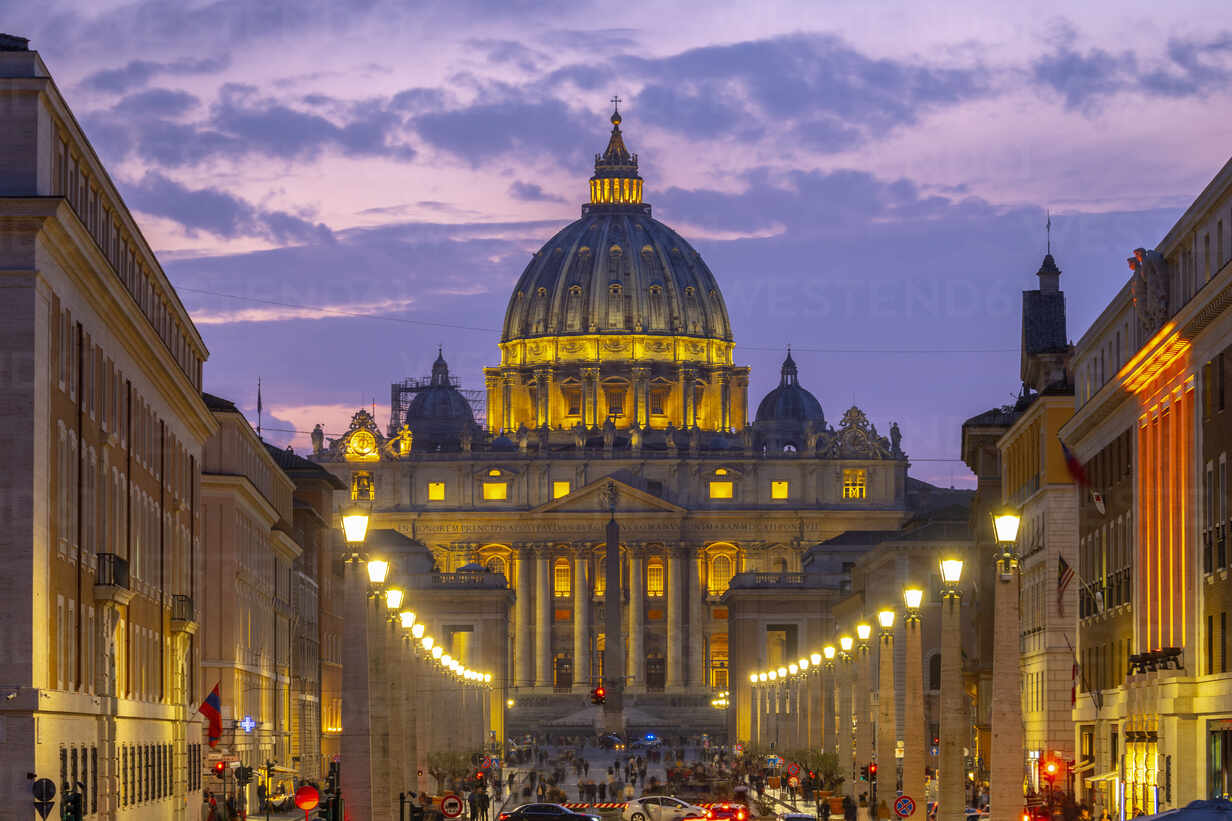
Entirely designated as a UNESCO World Heritage site since 1984, the Vatican encompasses its city and extraterritorial properties in Rome, notably the Basilica of St. Peter and Saint Mary Major, highlighting its unparalleled cultural and historical significance.



